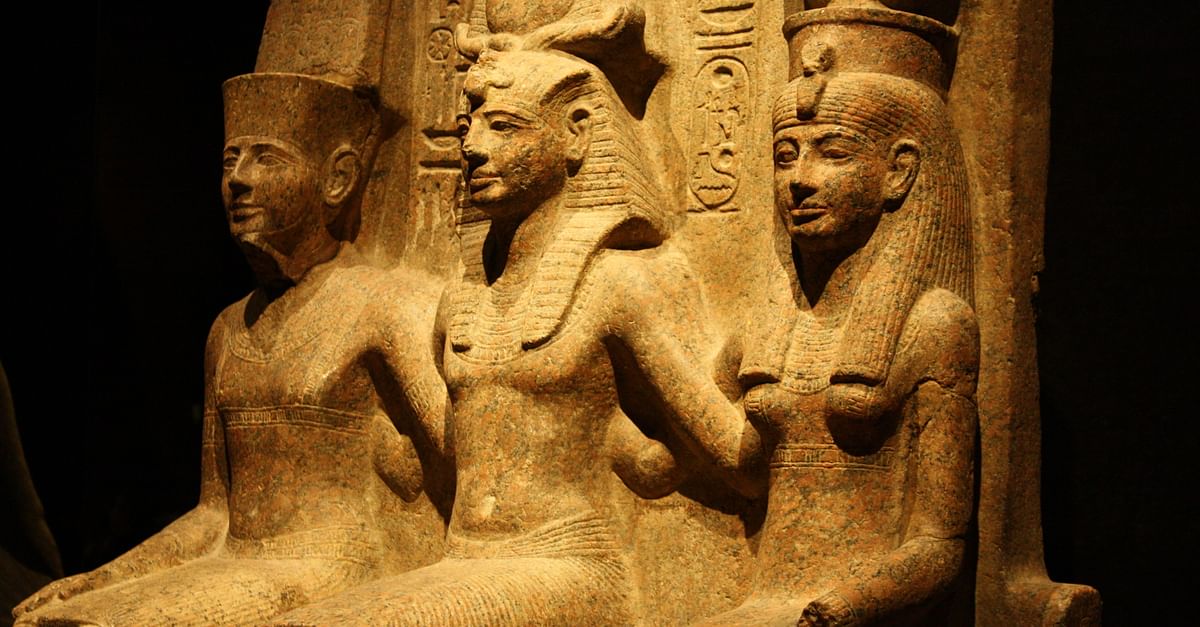The monarchy in Egypt was established in 1805 and lasted until 1952, when a military coup led by Gamal Abdel Nasser overthrew King Farouk I. The coup was the result of years of political turmoil, economic instability, and corruption within the monarchy.
King Farouk was seen as an ineffective and unpopular leader, and his reign was marked by political scandals and economic crises. In 1952, a group of army officers led by Nasser seized power and established the Republic of Egypt.
The fall of the monarchy marked the end of an era in Egyptian history and had far-reaching political and cultural implications. The new republic was based on a socialist model, and Nasser embarked on a program of land reform, nationalization of industry, and modernization of the economy.
The fall of the monarchy also marked a turning point in Egyptian politics, as power shifted from the monarchy to the military. The military has played a prominent role in Egyptian politics ever since, with a series of coups and uprisings shaping the country's history in the decades that followed.
Despite the challenges and difficulties faced by the country in the years since the fall of the monarchy, Egypt remains a vibrant and dynamic nation with a rich cultural heritage and a bright future ahead.
Works Cited:
Tignor, Robert L. "Egypt: A Short History." Princeton University Press, 2011.








